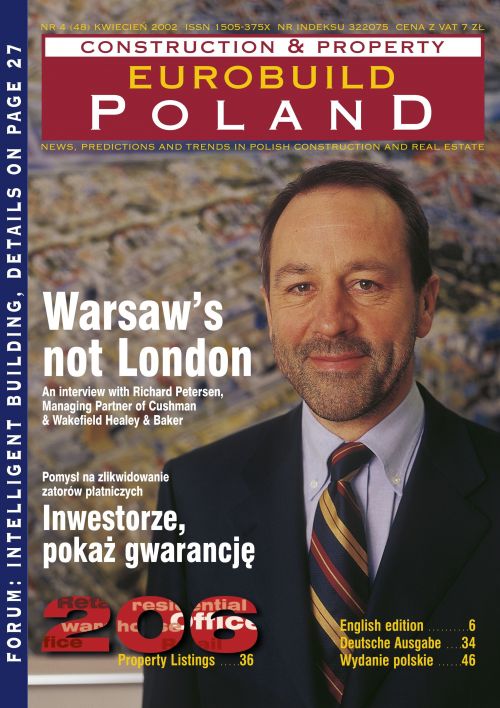Regulations are currently being drafted which will pave the way for an
electronic title and mortgage registration system. Wojciech Langowski
from the Law Offices of Miller Canfield looks at how a system could
develop and highlights the benefits such a development would bring to
Poland's property market.
It is widely recognised that a reliable and efficient title and mortgage
registration system is the foundation of safe property business and
banking, but in Poland title or mortgage registration proceedings in
large cities (especially in Warsaw, Krakow and Szczecin) can take years.
As owner registration in the Land and Mortgage Book (LMB) is usually a
condition for purchase of property, these delays slow down property
sales. Moreover, courts around the country often use different legal
formulas, and data in LMB's often differs to that in land registries.
Such a situation seriously obstructs the development of the property
market in Poland.
The unsatisfactory situation i




























































